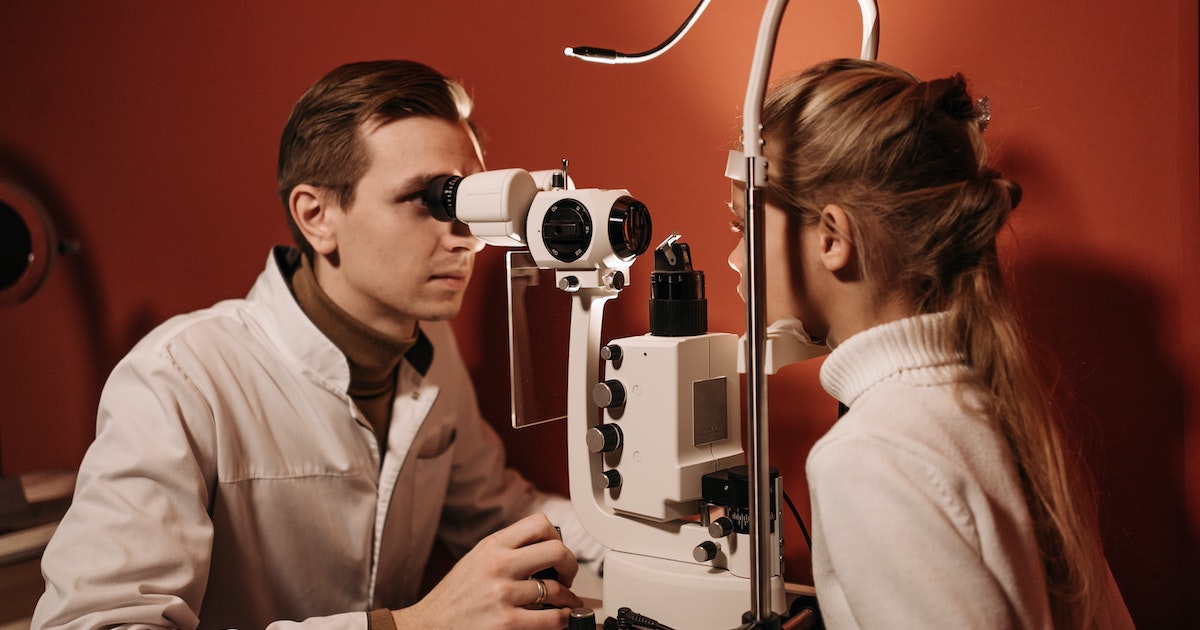The Drawbacks of Having Vision Insurance
There are certain limits to consider as well. Vision insurance, for example, does not cover eye disease or surgery. This will necessitate the purchase of health insurance.
Because vision insurance frequently has a cap on how much it will pay for glasses, you may not be able to choose from all of the possibilities. Furthermore, some plans have a month-long waiting time after signing up for the plan. This means you won’t be able to enjoy the benefits immediately now.
Advice on Choosing the Best Vision Insurance Policy
There are various guidelines to follow when you consider your alternatives.
How do you pick the best plan? Consider the following factors:
• Consider the monthly premium. Is it priced at a level you’re willing to pay?
• Examine the network coverage to ensure that you have enough eye physicians to select from and to verify if the eye doctor you now see is covered.
• Always consider the advantages. What are the benefits, what are the limitations, and will you be able to use them? Does it include blue-light lenses? Sunglasses? Bifocals?
• Think about your personal eye health. You may not need vision insurance if you have good vision and do not require any correction. Eye tests covered by vision insurance, on the other hand, can aid in the detection of certain lifestyle conditions such as high blood pressure and diabetes. You can choose the best plan for your needs if you consider these aspects.
